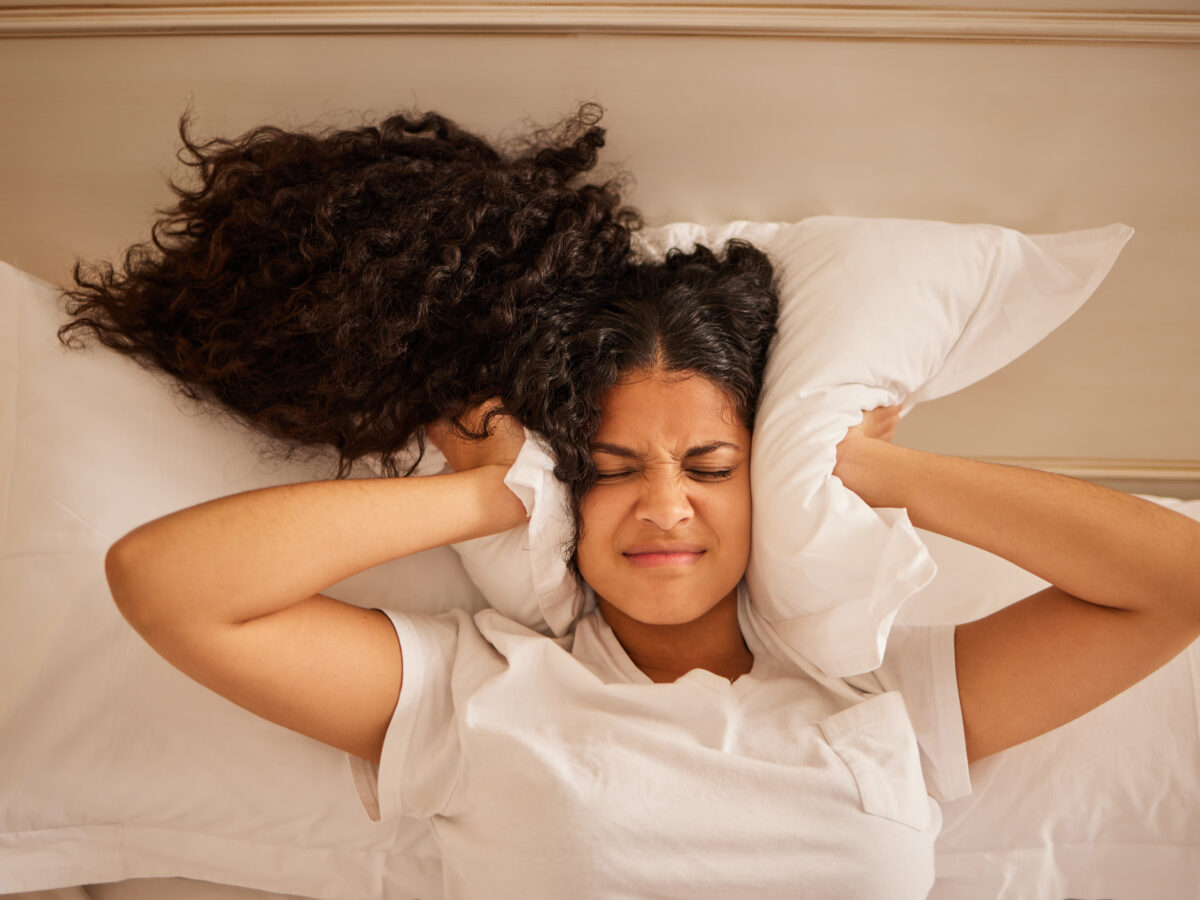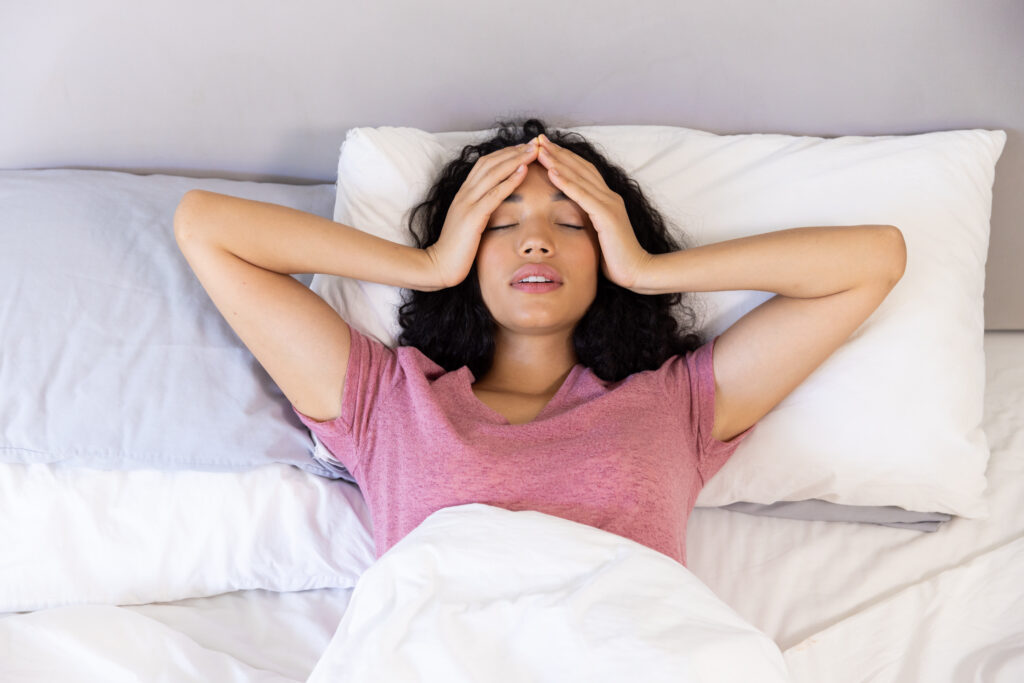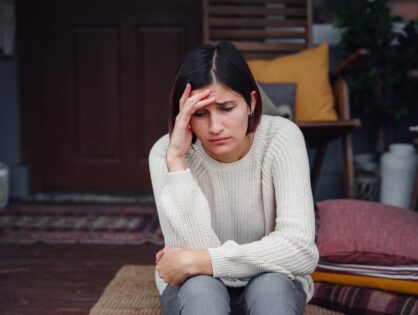Anxiety and sleep disturbances are often intertwined, creating a challenging cycle that can significantly impact overall well-being. Anxiety, characterized by persistent worry and heightened arousal, can make it difficult to relax and fall asleep, leading to poor sleep quality and further exacerbating anxiety symptoms. This bidirectional relationship can leave individuals feeling trapped, as inadequate sleep can increase stress and anxiety levels, while anxiety can disrupt the ability to achieve restful sleep. Understanding and addressing this complex interaction is crucial for improving both mental health and sleep quality. In this, we will explore effective strategies for managing anxiety to enhance rest and relaxation, providing actionable tips to break the cycle and achieve better sleep.
Understanding Anxiety and Sleep
Anxiety and sleep are intricately connected in a way that each can significantly affect the other. To effectively manage and improve both, it is essential to understand how they interact and influence one another.
The Nature of Anxiety
Anxiety is a natural response to stress and perceived threats, characterized by feelings of apprehension, worry, and fear. It can manifest in various forms, from generalized anxiety disorder (GAD) and panic disorder to social anxiety and specific phobias. While occasional anxiety is a normal part of life, chronic anxiety can be debilitating, impacting daily functioning and overall quality of life.
How Anxiety Affects Sleep
Anxiety can disrupt sleep in multiple ways. When a person experiences anxiety, their body is in a heightened state of arousal. This increased arousal is driven by the autonomic nervous system, which activates the body's "fight or flight" response. This response is meant to protect us from immediate threats but can be problematic when activated frequently due to chronic anxiety.
How Sleep Affects Anxiety
Conversely, poor sleep can contribute to increased anxiety. Sleep is essential for emotional regulation and mental health. Lack of adequate sleep can impair cognitive functions, reduce the ability to cope with stress, and exacerbate anxiety symptoms.
Breaking the Cycle
Understanding the bidirectional relationship between anxiety and sleep highlights the importance of addressing both issues simultaneously. Improving sleep can help reduce anxiety, and managing anxiety can lead to better sleep quality. By implementing strategies that promote relaxation and address the root causes of anxiety, individuals can break the cycle and improve both their mental health and sleep patterns.
Tips for Better Rest and Relaxation
Managing anxiety to improve sleep quality involves implementing strategies that promote relaxation and create a conducive sleep environment. Here are several effective tips to help you achieve better rest and relaxation:
Conclusion
In today’s fast-paced and often stressful world, anxiety can significantly impact sleep quality and overall well-being. Understanding the intricate relationship between anxiety and sleep is crucial for developing effective strategies to manage both. Anxiety can create a cycle of sleeplessness and stress, where poor sleep exacerbates anxiety symptoms and heightened anxiety further disrupts sleep. Breaking this cycle requires a multifaceted approach that addresses both anxiety and sleep hygiene.
Implementing practical tips for better rest and relaxation can lead to significant improvements in sleep quality. Establishing a consistent sleep schedule helps regulate the body's internal clock, while creating a relaxing bedtime routine prepares the mind and body for sleep. Limiting exposure to screens before bed and practicing relaxation techniques can reduce the impact of anxiety on sleep. A comfortable sleep environment, coupled with mindful dietary choices and regular physical activity, further promotes restful sleep.
In addition to these practical tips, managing stress and anxiety throughout the day is essential for better sleep at night. Techniques such as time management, setting realistic goals, and incorporating relaxation activities can help prevent stress from accumulating. For those whose anxiety significantly impacts their daily functioning and sleep, seeking professional help is a critical step. Therapy, particularly cognitive-behavioral therapy (CBT), can address the root causes of anxiety and provide effective coping strategies. In some cases, medication may be necessary, and a healthcare provider can guide the best course of treatment.
The journey to improving sleep and managing anxiety is highly individual, requiring patience and persistence. What works for one person may not work for another, so it’s important to experiment with different strategies and remain open to adjustments. Over time, these efforts can lead to a more restful sleep pattern and reduced anxiety, significantly enhancing overall health and quality of life.
Ultimately, the importance of self-care cannot be overstated. Prioritizing sleep and mental health is not a luxury but a necessity for maintaining balance and well-being. By making intentional changes and seeking support when needed, you can overcome the challenges posed by anxiety and sleep disturbances. Embracing a proactive approach to managing anxiety and sleep hygiene can transform your nights and days, fostering a sense of peace, resilience, and vitality.
Related Articles:
How to Support a Loved One Struggling with Anxiety
Coping with Anxiety During Major Life Transitions
The Impact of Social Media on Anxiety Levels
The Role of Cognitive Behavioral Therapy (CBT) in Treating Anxiety
Anxiety in the Workplace: Tips for Managing Stress and Pressure



